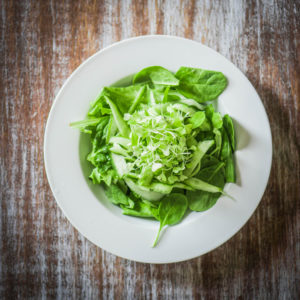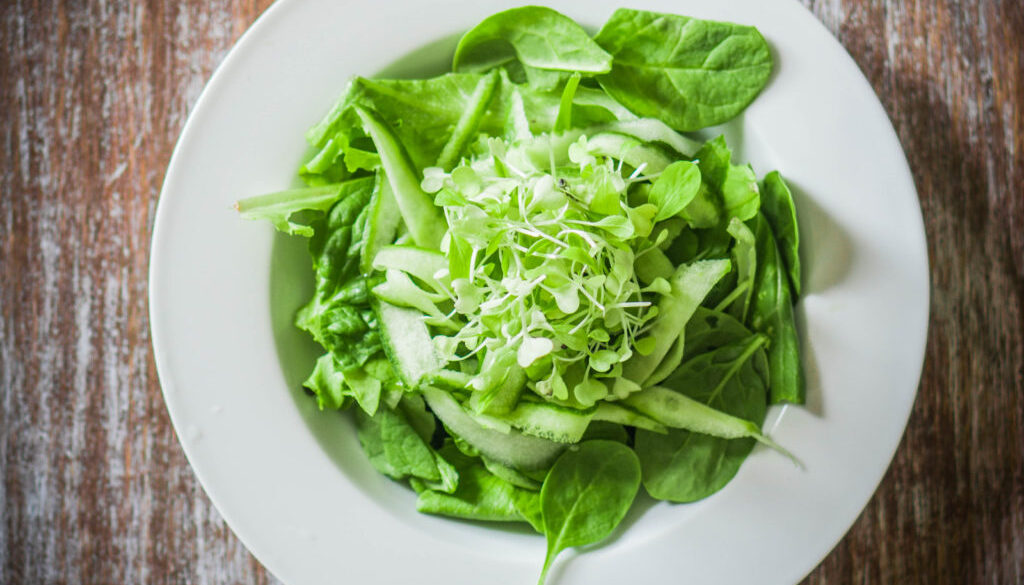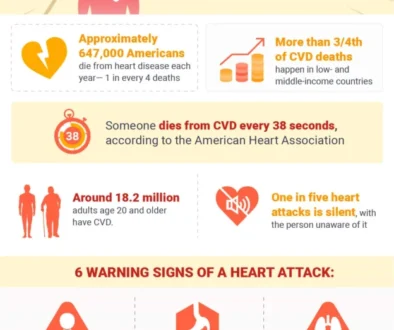Creating a Sustainable “Green” Plate
 A lot of people are “going green” with their menus, buying food that is sustainable, local or organic. Some of those eating greener decide to grow their own food and compost all of their waste, while others are using reusable bags at the grocery store. However you decide to make food decisions that are environmentally friendly, here are some helpful tips!
A lot of people are “going green” with their menus, buying food that is sustainable, local or organic. Some of those eating greener decide to grow their own food and compost all of their waste, while others are using reusable bags at the grocery store. However you decide to make food decisions that are environmentally friendly, here are some helpful tips!Eat Fresh Produce in Season
Living in an area of Pennsylvania with lots of local farms, we all have easy access to fresh vegetables all year-round. Eating in-season, local produce ensures that your food has traveled fewer miles to get to you, which means it’s fresher, too. One way to ensure you are getting in-season produce, plus support our local economy and hard-working local farmers is to visit your nearest farmers’ market. Alternatively, buy the locally seasonal fruits and vegetables available from your local grocery store.
Remember to eat for your health by eating the correct-sized, balanced meals from all five food groups. Your waist and your wallet will thank you, and if we all pitched in, we’d consume less food overall, leaving more resources for the planet.
The EPA reports that in 2010, Americans generated 34 million tons of food waste, which amounts to about 40% of our food mostly in our homes. Reducing your own food waste will save you money and minimize your hefty contributions to our local landfill. Plan your meals so you actually cook all of the food you purchase. Ensure that you are rotating the oldest foods to the front of the refrigerator. Keep your refrigerator and freezer set at the proper temperature to reduce spoiling. Using frozen foods can also minimize waste. If you want to be even “greener,” try composting in your back yard.
Eating at home will do more than just save you gas to get to a restaurant and money on the tab. You’ll also be making healthier food choices, as cooking your own foods allows you to have more control over the ingredients, likely reducing the calories and salt you eat and ensuring that you’re getting in a far more nutritious meal.
A little vegetable plot in your back yard can provide a lot of vegetables and fruits. With a backyard garden, you can personally do your part for our environment. Your veggies will be organic, unprocessed and require no travel time to get to you. You can even compost any waste and turn it back into the soil.
Minimize your intake of foods with a wrapper and go for fresh produce. An easy way to go green with your food is to ditch packaged products, which will reduce the packaging waste. You’ll likely find yourself eating better, too.
Organic farming means the elimination of the use of pesticides, herbicides and synthetic fertilizers. Since organic food has become more popular, much of it is grown by large scale producers and may have similar food miles and water/soil conservation practices as conventional agriculture. Organic foods can also be more expensive and an organic label does not necessarily make the food healthy, so the decision to go organic is a personal one. Both conventional and organic milk, fruits and vegetables provide the same nutrient value. So if you find that organic is a little too pricey, please don’t skip healthy foods altogether. You should feel confident that the conventional form is just as healthful and nourishing.
How green you go from a diet and nutrition perspective is up to you. Keep in mind that there are many easy things you can do to help the planet by adjusting your plate and food choices. But beyond helping our planet, the nice thing is that most of these ‘green’ changes you make will benefit your own health enormously.



